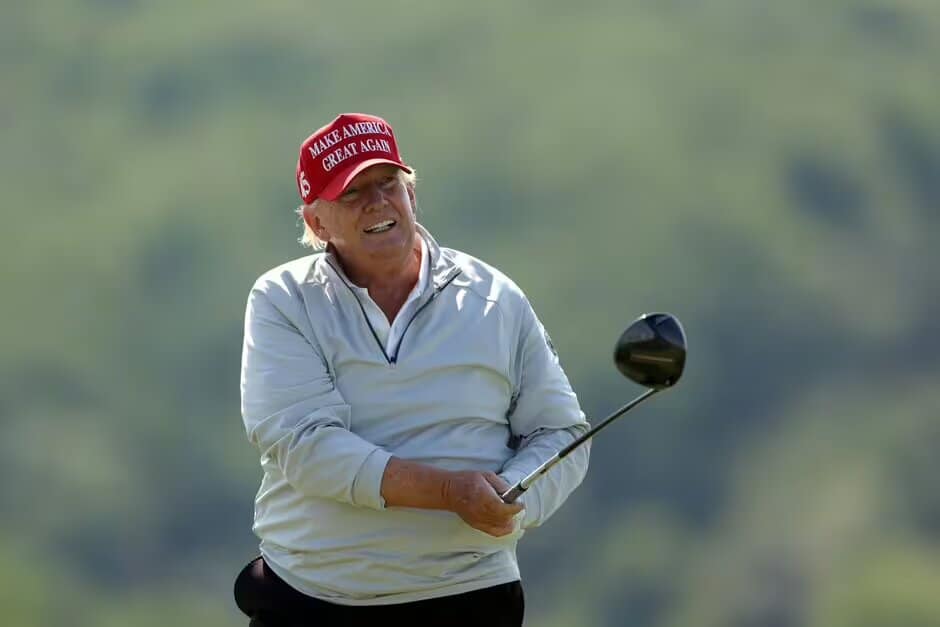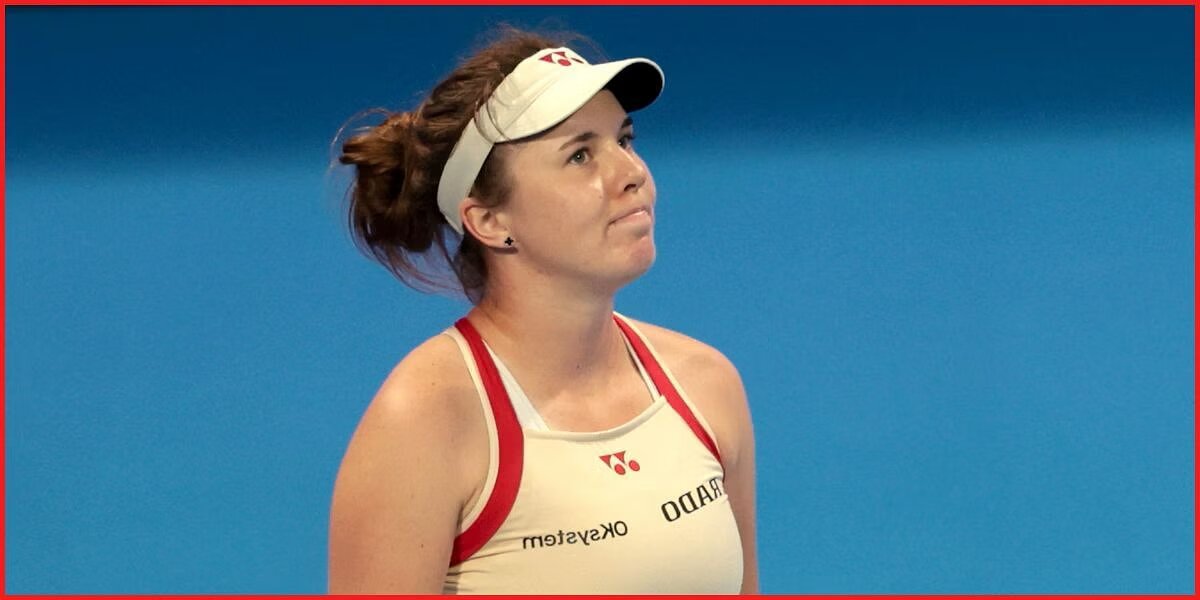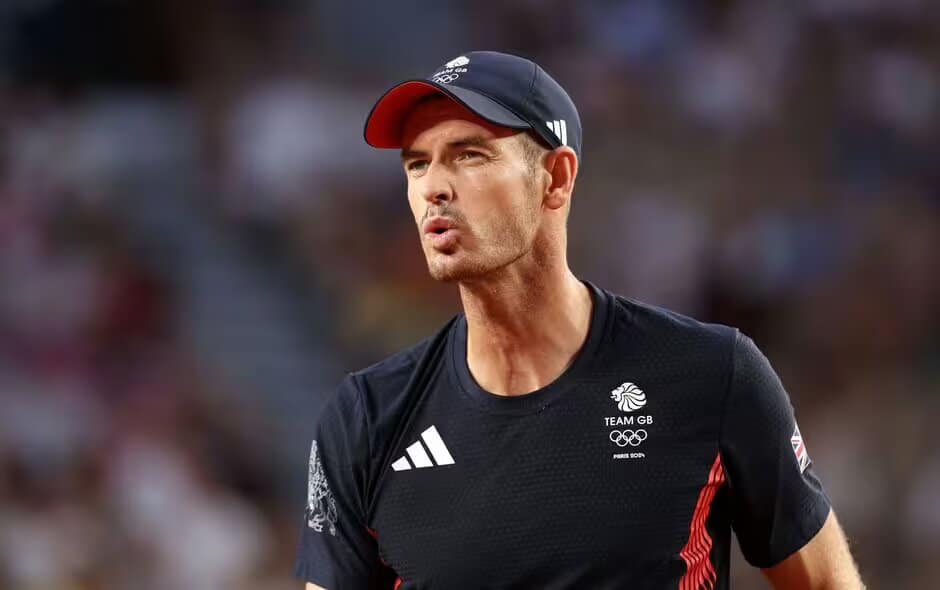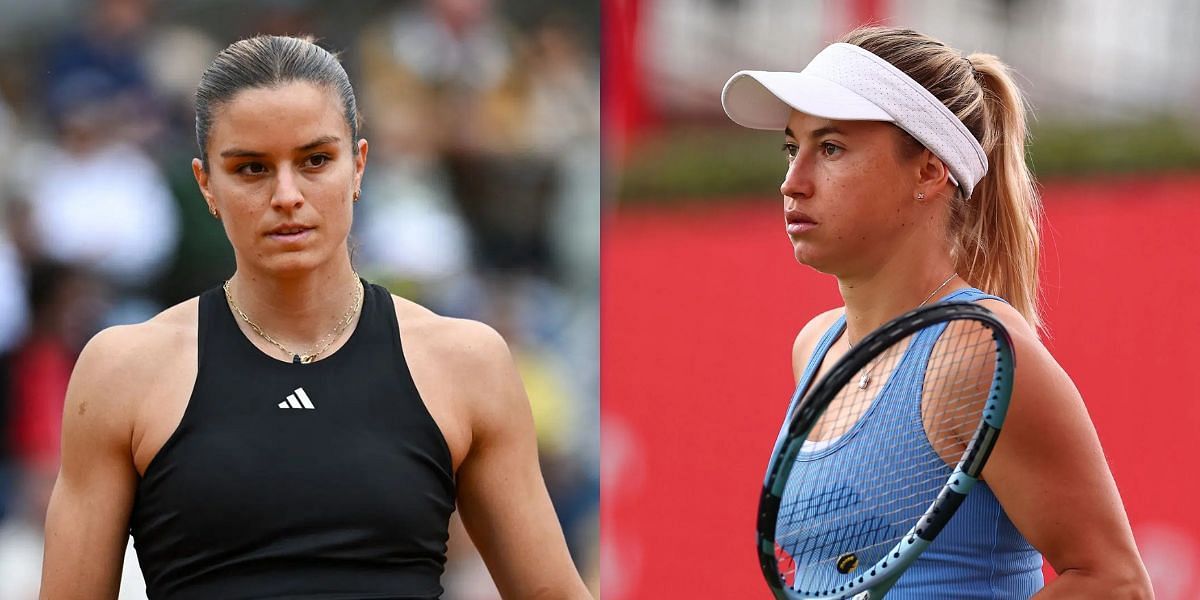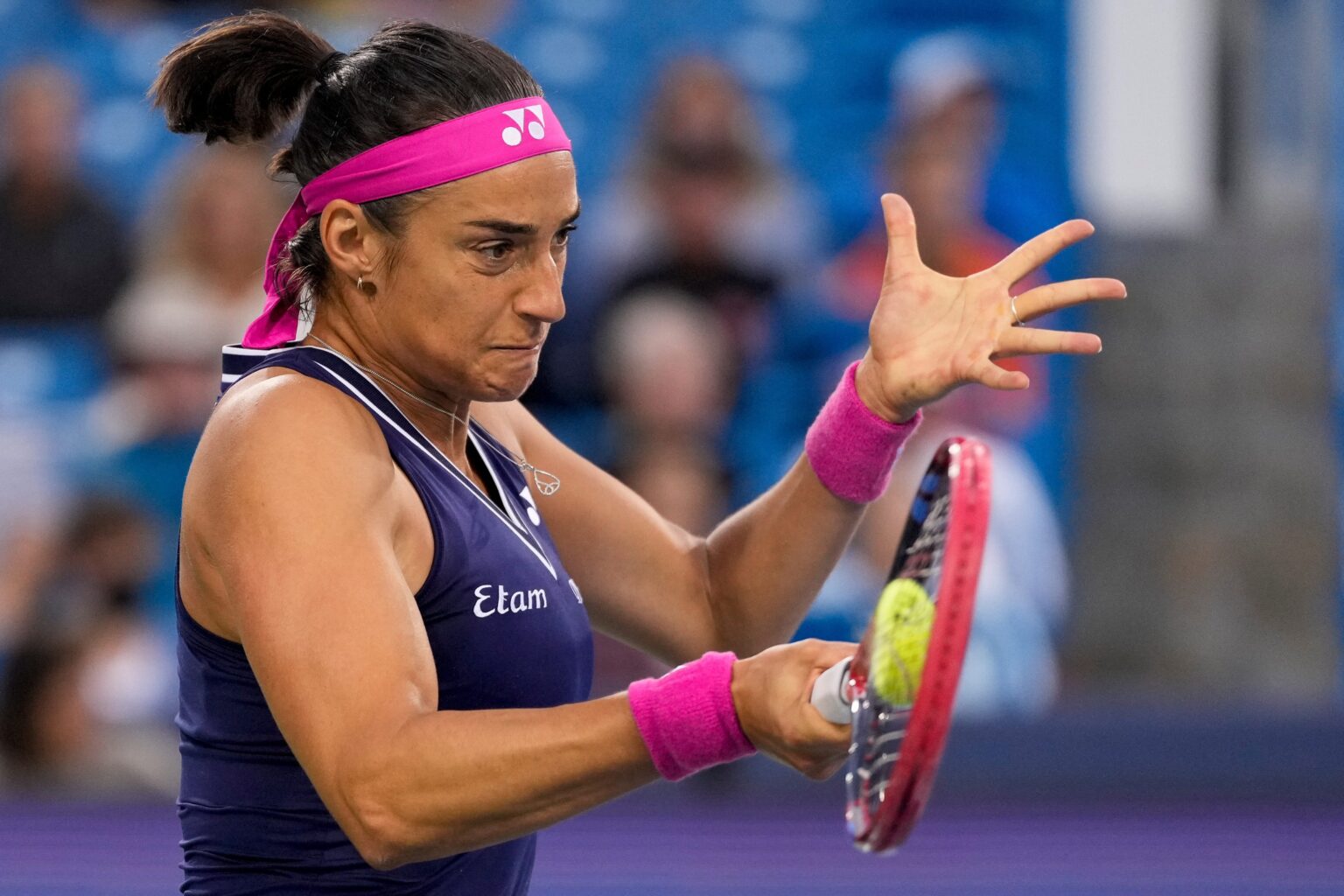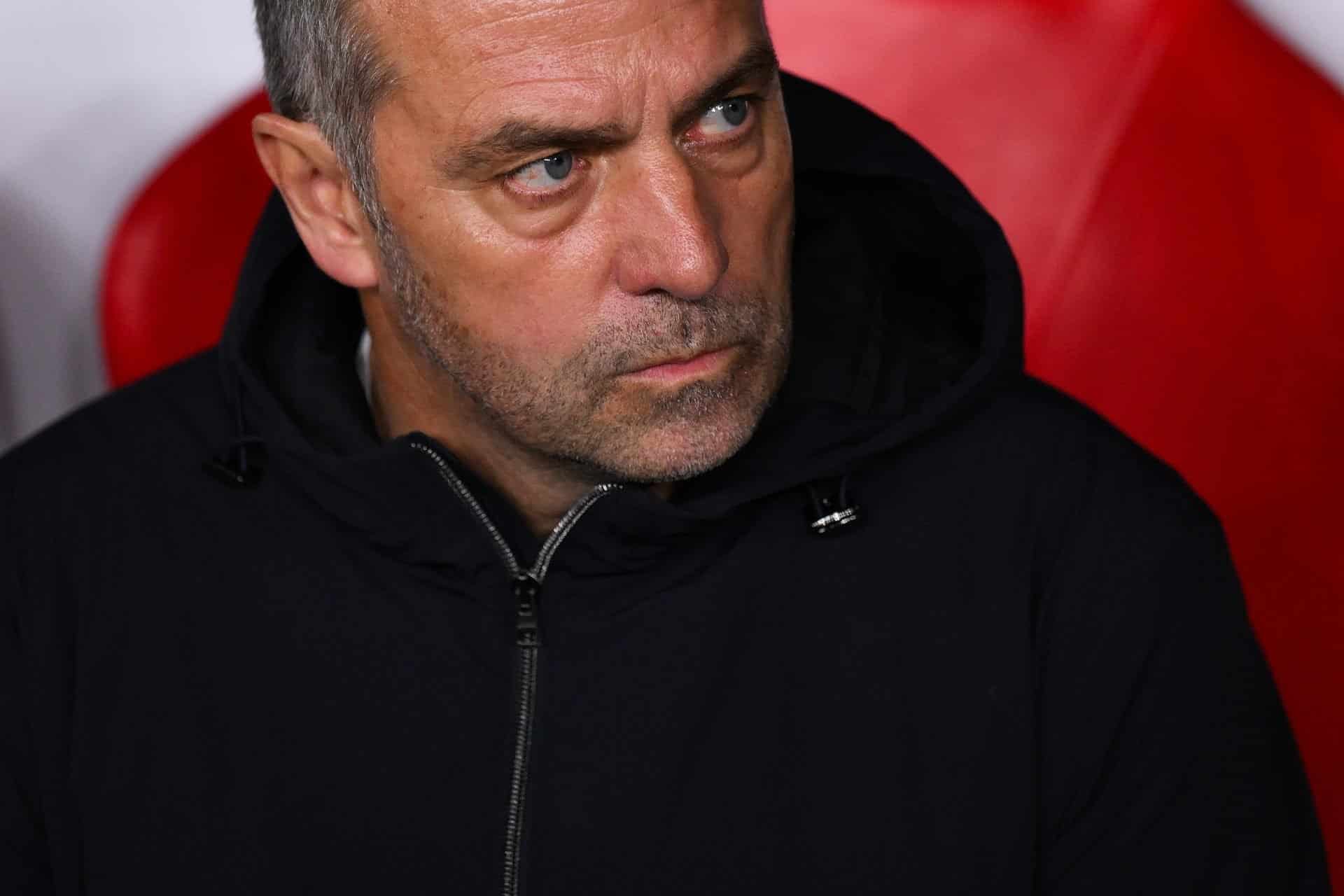Jannik Sinner could face a minimum one-year ban if the World Anti-Doping Agency (WADA) succeeds in its appeal against the International Tennis Integrity Agency’s (ITIA) decision in his doping case.
A WADA official emphasized that failing to punish an athlete who tested positive for a banned substance would make it too easy for cheaters to avoid serious consequences.
In March 2024, when Sinner was ranked No. 2 in the world, he tested positive twice for the anabolic steroid clostebol and was provisionally suspended by the ITIA.
However, he successfully appealed both suspensions and continued competing. In August, the ITIA fully cleared him, ruling that he bore “no fault or negligence” for the failed tests.
The tennis anti-doping agency accepted Sinner’s explanation that the substance entered his system unintentionally when a team member applied a cream containing clostebol.
As a result, he was only stripped of his prize money and ranking points from the Indian Wells Open, and it initially appeared the case was closed.
However, WADA challenged the ITIA’s ruling in September, arguing that Sinner should still face sanctions. The case is now scheduled for a hearing at the Court of Arbitration for Sport (CAS) on April 16-17 in Lausanne, Switzerland.
While there were speculations that Sinner might lose additional ranking points or prize money, WADA spokesperson James Fitzgerald confirmed they are solely pursuing a suspension, which could range from 12 to 24 months.
Despite the controversy, Sinner has been dominant in the past year, winning two Grand Slam titles—the US Open in September and the Australian Open in January—along with the ATP Finals and three ATP Masters 1000 trophies.
“As we stated in September, WADA believes that the conclusion of ‘no fault or negligence’ was not correct according to the current rules, and is asking for a suspension period of between one and two years,” Fitzgerald told La Sampa.
“WADA is not asking for the cancellation of any results other than those already imposed in the first instance. As the matter is now pending before the CAS, WADA will not comment further.”
The WADA official added: “The principle of strict liability is of fundamental importance to upholding fairness in sport. Without it there would be no anti-doping and the dopers would win.
“If an athlete who tests positive for a prohibited substance does not have to explain where it came from, or how it entered his system, it would be all too easy for the cheater to escape significant sanctions.”




